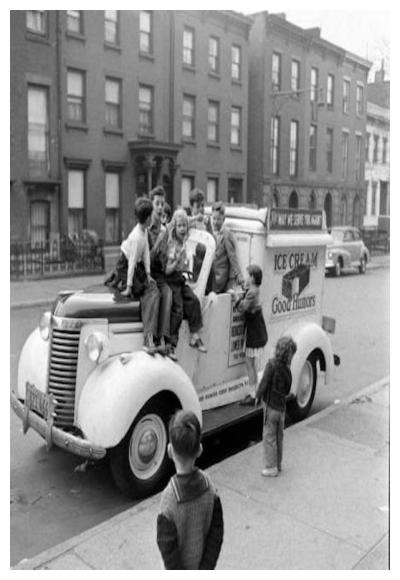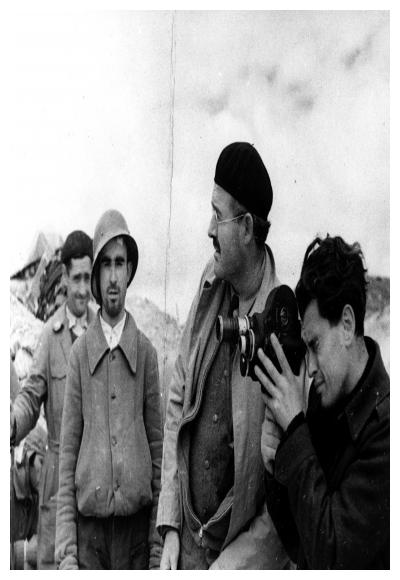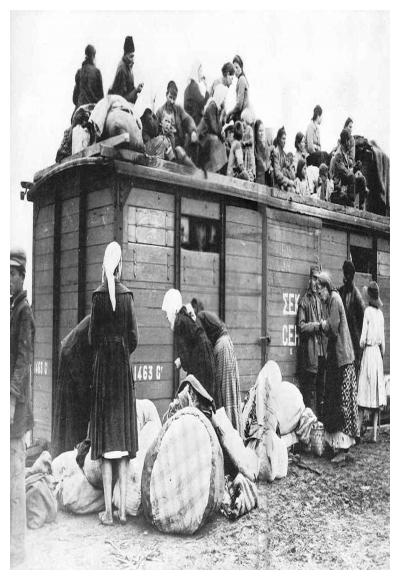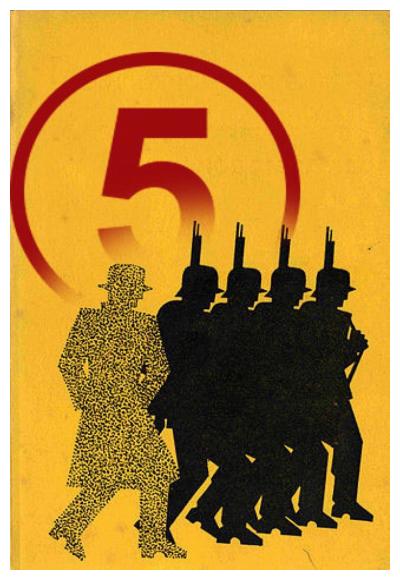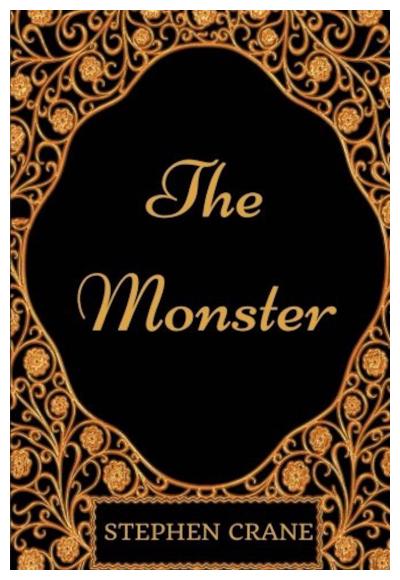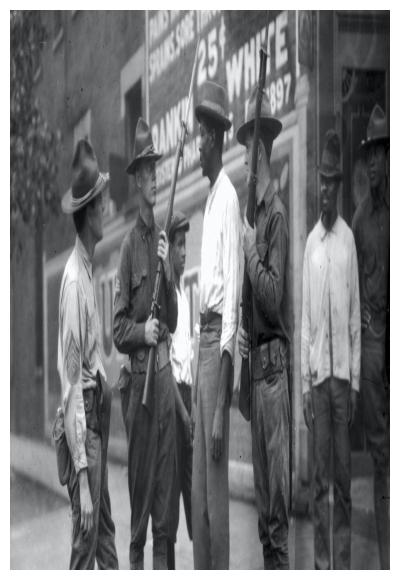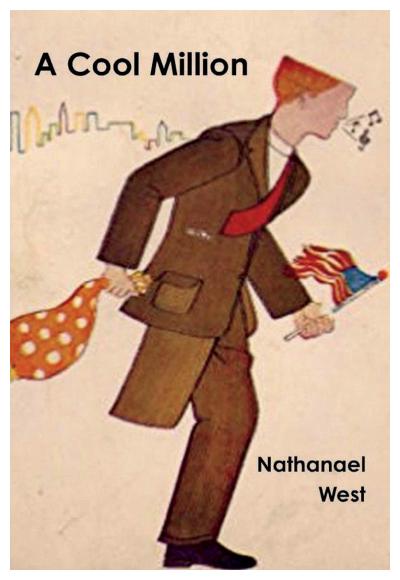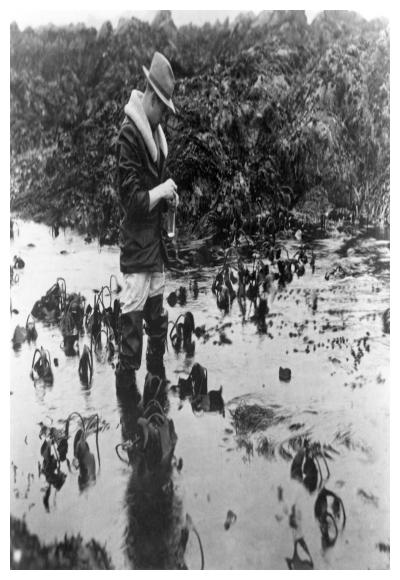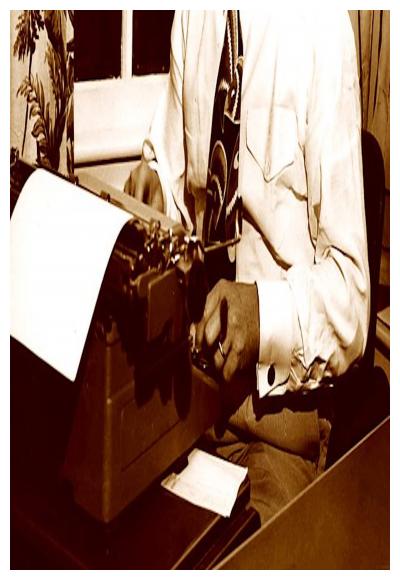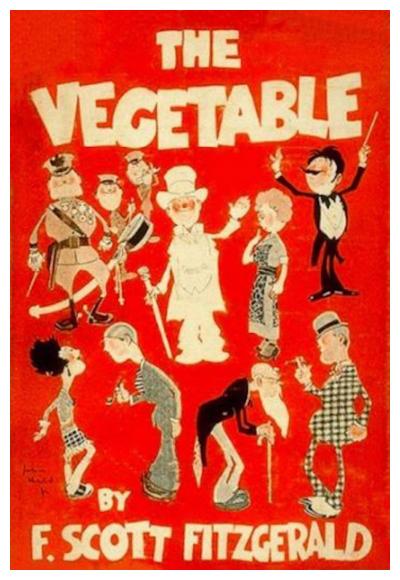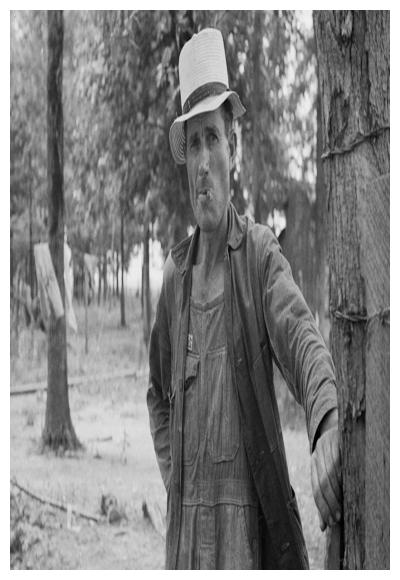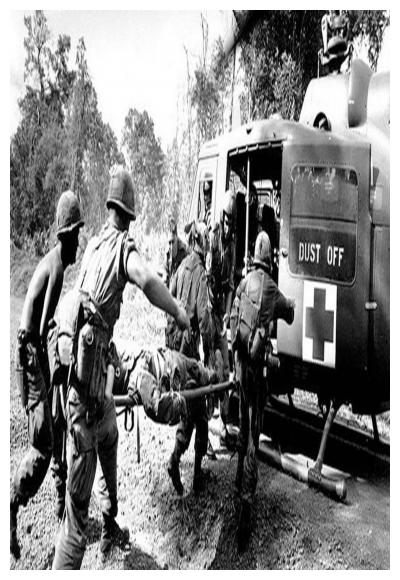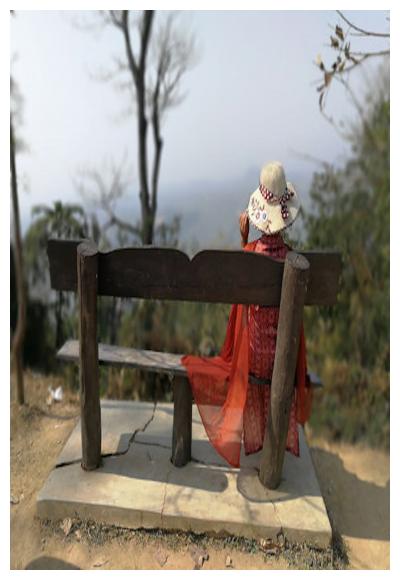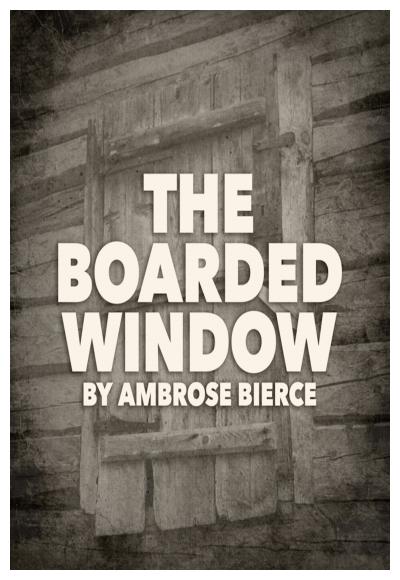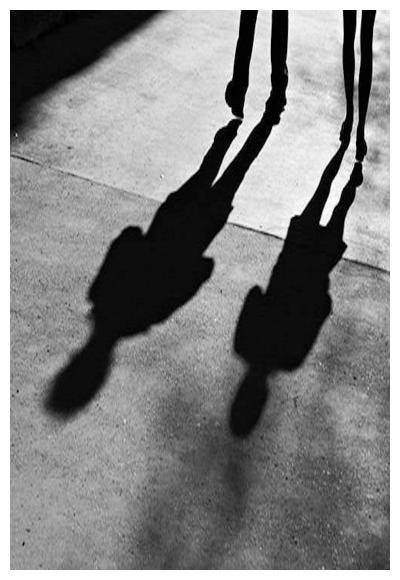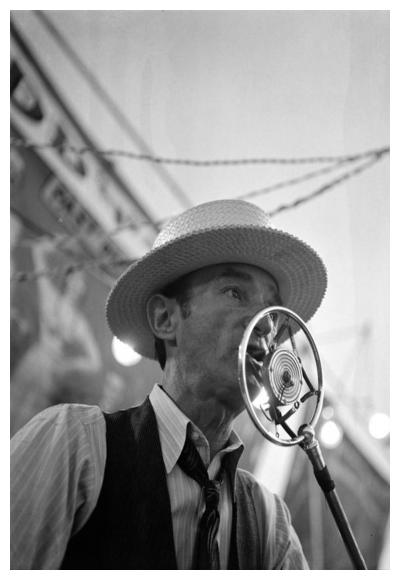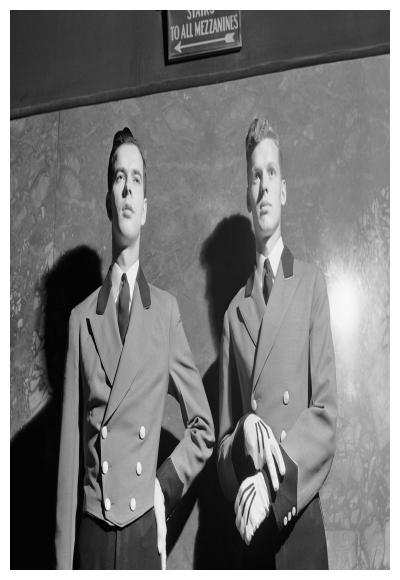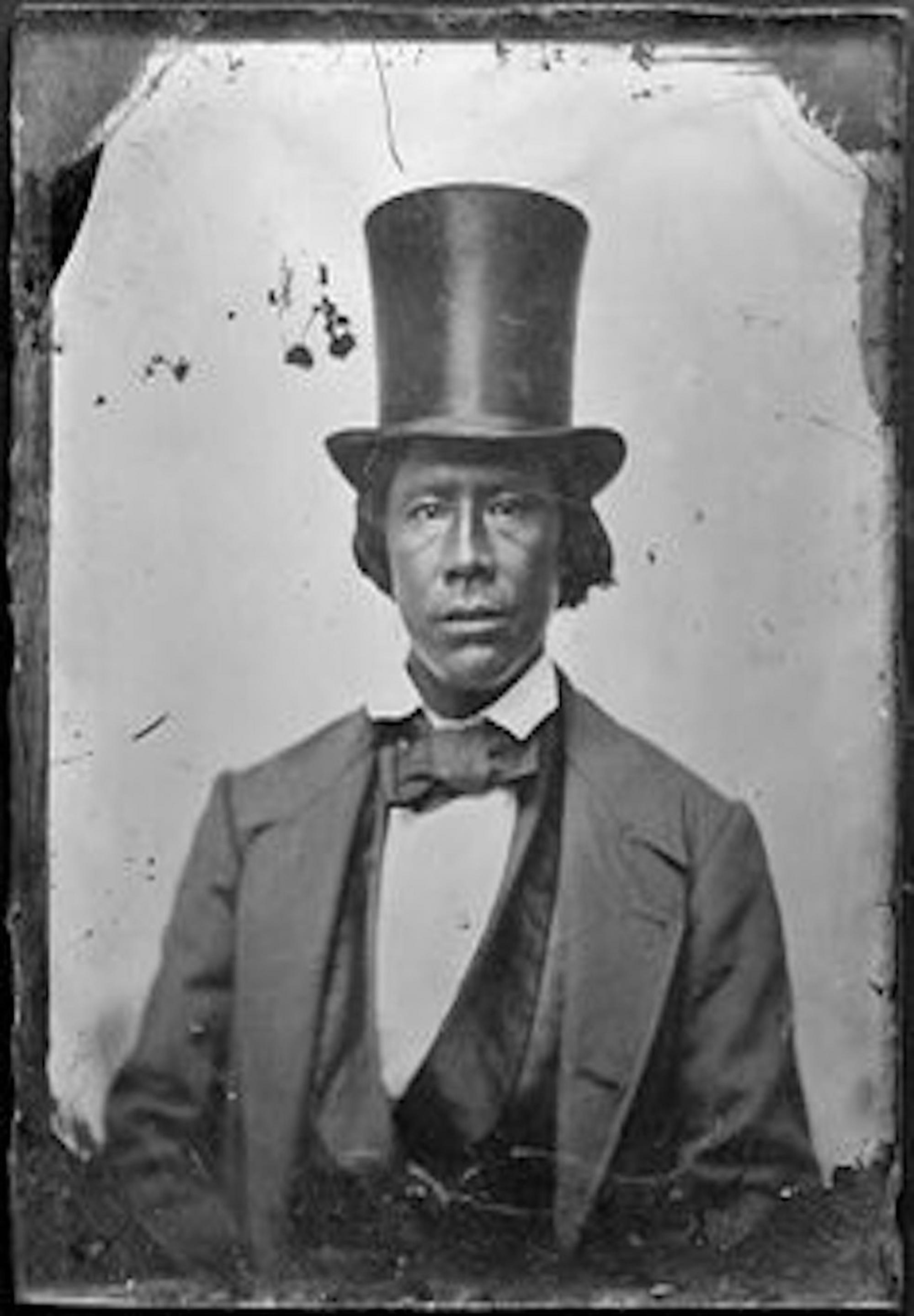
Synopsis/Details
Section I of "Courting Justice" takes place in Mississippi in 1800 and describes the romantic rivalry between the Indian Ikkemotubbe and the white David Hogganbeck for the lovely sister of the Indian Herman Basket. The narrative’s most interesting courtship, however, is between the two male protagonists. Neither of them wins the woman’s heart. When she marries someone else, Ikkemotubbe in particular is devastated; he leaves his family and tribe only to return years later self-christened as Doom, with eight slaves and a box of poison.
Section II takes place in 1815, also in Mississippi, and focuses on three different topics: Ikkemotubbe/Doom’s becoming the corrupt, murderous leader of a people also corrupted by the institutions of a white culture that literally removes them from its midst; the miscegenistic ancestry of the half-Indian, half-black Had-Two-Fathers; and the consequences of chattel slavery. Ikkemotubbe/Doom’s reinvention of himself in New Orleans and his subsequent ruthless exercise of power reveal that Indian culture is as susceptible to the same forces of greed and corruption as white culture. Had-Two-Fathers is defined by that white culture as “black” despite his being half-Indian. His biological father, Crawfish, is a member of Ikkemotubbe/Doom’s tribe who sleeps with Had-Two-Fathers’ unnamed mother-to-be after she is acquired as a slave by Ikkemotubbe/Doom. When the woman’s unnamed slave husband objects, Ikkemotubbe/Doom devises a Solomon-like solution to provide a sort of justice that attempts to protect the black couple’s marriage from the intrusion of outsiders—Indians as well as whites.
Section III of "Courting Justice" takes place in 1829. With the death of Ikkemotubbe/Doom, custom demands that all the Chickasaw leader’s prized possessions be buried alive along with him. This includes his black servant, a slave who had served Ikkemotubbe/Doom for almost fifteen years. The unnamed slave makes a desperate bid for freedom, taking refuge in the Mississippi swamps and reflecting on his past life. Meanwhile, the dead chief’s son Moketubbe, who is grossly overweight and has no real interest in leadership, is forced to marshal his forces and begin a manhunt for the fugitive slave. The few Indians willing to accompany Moketubbe are equally corrupt, decadent, and full of despair. As they slowly close in on the missing slave, they too reflect on the past, discussing the ways in which slavery and the coming of the white man have doomed them to crime, violence, and slow extinction as a people.
Section IV of "Courting Justice" takes place in 1836 and tells how a tribe of Chickasaw Indians from Mississippi make the government in Washington, D.C., listen to its demands for justice. Soeur Vitry, a half-Indian, half-black Chickasaw chief who is the second son of Ikkemotubbe/Doom, penetrates—with the Machiavellian shrewdness as well as verbal finesse of a European diplomat—the forbidding walls of government and achieves a man-to-man confrontation with the president of the United States, Andrew Jackson. Soeur Vitry leads his people 1500 miles to Washington because a white man had suddenly died near Chickasaw land and a representative of the government, an Indian agent, came to make inquiries. The deceased white man had discovered that the only ford in 300 miles of the Mississippi River bordered Chickasaw land. In the spirit of American free enterprise, he purchased a small plot of land from the Indians at the ford and set up a tollgate. Vitry’s mulatto son, Saucier, is suspected of murdering the white man in an attempt to return the land to the Indians (who believe that, ideally, land cannot be bought and sold). The chief therefore takes his son to the nation’s capital, where he wants the president himself to decide if the rash youth is guilty as charged. The Chickasaws make camp on the White House grounds, and Soeur Vitry waits in the foyer of the White House until President Jackson will meet with him. Ostensibly, he insists upon the white culture’s justice by demanding that President Jackson judge if his son is guilty or innocent. In effect, Soeur Vitry is demanding that the United States acknowledge the gap between justice and the laws that whites have imposed on all Americans, including the Chickasaws.
Section V takes place in 1865 and opens with the arrival of a wounded Confederate officer and his black servant at a small, hillbilly cabin high in the mountains of Tennessee. With the American Civil War at an end, urbane, world-weary Major Saucier Vitry (the mulatto son of Saucier Vitry) wishes only to return to his palatial mansion in Mississippi. He thinks the time for killing is over. Yet ironically, the poor whites who grudgingly allow him to stay the night in their cabin are actually pro-Union sympathizers who act as if the War Between the States is still going on. The oldest son, Vatch, even served for a time with the Union army. Vatch makes no secret of his hatred for Southern rebels like Saucier Vitry—who he suspects is black—or for blacks like the well-meaning, overly loquacious servant Jubal. When Jubal drinks too much corn liquor and passes out, Major Vitry finds himself alone, surrounded by enemies, in a land that is a part of the South yet far removed from the grace and gentility of the great plantations. The stage is set for a tragic finale that reveals both the futility of war, the complexity of human character, and the difficulty of social change.
Story & Logistics
Story Type:
Pursuit
Story Situation:
Falling prey to cruelty/misfortune
Story Conclusion:
Tragic
Linear Structure:
Linear
Moral Affections:
Impurity
Cast Size:
Many
Locations:
Many
Special Effects:
Minor cgi
Characters
Lead Role Ages:
Male Adult, Male Middle Aged, Male Teenager
Hero Type:
Legendary
Villian Type:
Authority Figure
Stock Character Types:
Knight-errant
Advanced
Adaption:
Based on Existing Fiction
Subgenre:
Action/Adventure, Epic, Epic/Historical, Ethnic Family Saga, Expedition, Family, Indian War/History, Man vs Nature, Mountain, Race Relations, Social Commentary
Action Elements:
Hand to Hand Combat, Weaponry
Equality & Diversity:
Race Relations Focused
Life Topics:
Approaching Death, Death
Time Period:
Late modern period
Country:
United States of America (USA)
Time of Year:
Autumn/Fall, Spring, Summer, Winter
Relationship Topics:
Courtship, Family, Kinship, Passion
Writer Style:
William Faulkner

